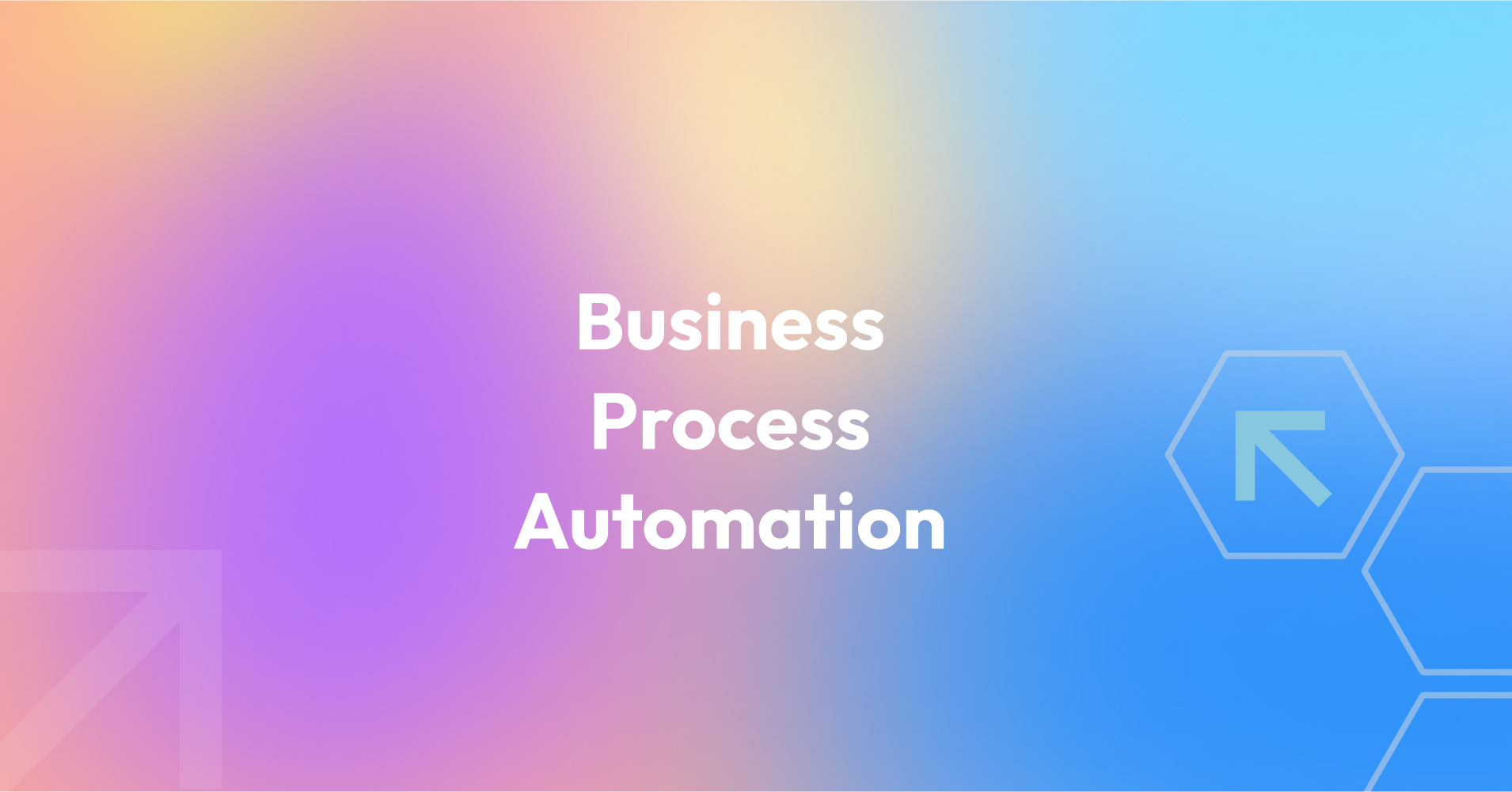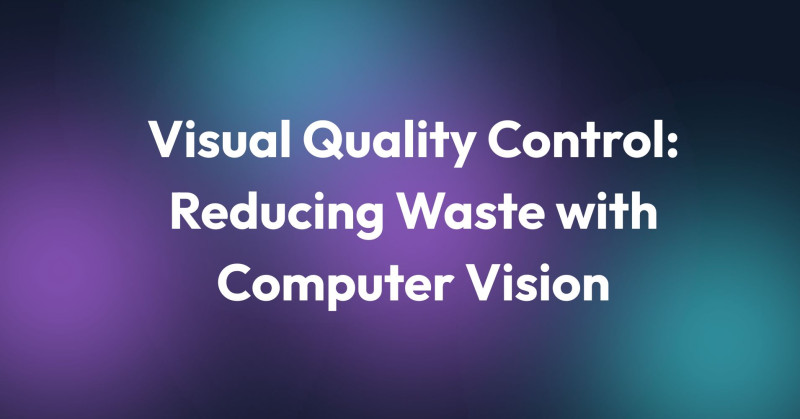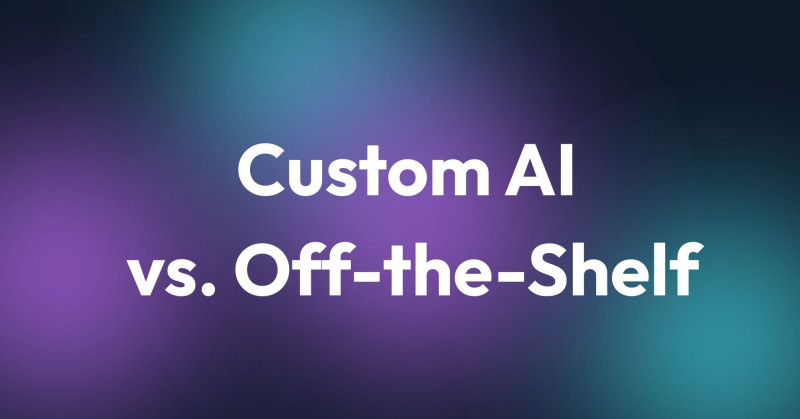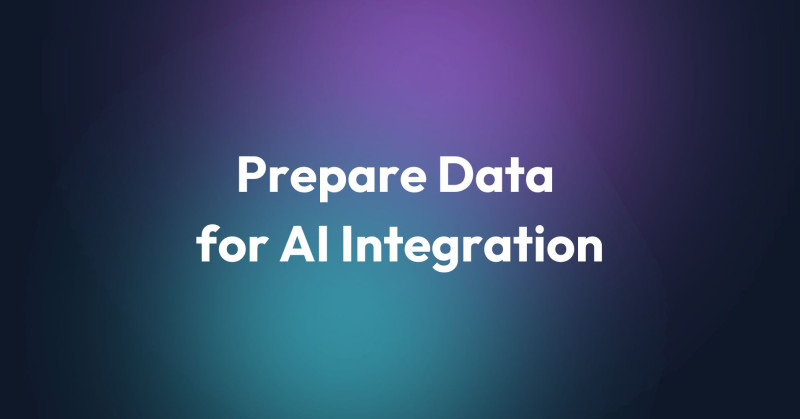Gone are the days when automation meant only rigid scripts and repetitive macros. With the rise of new AI tools and intelligent automation, companies are now moving beyond traditional automation to embrace flexible, adaptive systems that learn, evolve, and generate business value. Whether you’re aiming to automate business processes or reimagine them entirely, ai is transforming business operations across all industries.

Rethinking Automation with AI
At its core, business process automation refers to the use of technology to automate routine tasks in business workflows. But with the integration of AI and machine learning, we’re now talking about something far more powerful: AI business process automation.
Unlike traditional robotic process automation, which follows fixed rules, AI automation uses AI capabilities such as natural language processing, predictive analytics, and assistive ai to manage unstructured data, make decisions, and optimize business processes dynamically. This shift enables organizations to automate end-to-end business processes, from customer service interactions to financial analysis, with greater precision and intelligence.
Automation in Action: Real-World Examples
Across industries, ai automation is shaking things up. Let’s explore some use cases where AI-powered automation is transforming business automation today:
Customer Support: Generative ai chatbots resolve queries instantly while learning from interactions to improve accuracy.
Finance and Accounting: AI tools classify expenses, detect anomalies, and automate invoice approvals.
HR Processes: Machine learning matches job descriptions to candidate profiles, speeding up hiring decisions.
Supply Chain: AI systems forecast demand, monitor inventory, and predict disruptions before they occur.
Healthcare: Natural language processing extracts information from medical records, enabling faster diagnostics and treatment planning.
These are just a few examples of automation in action, where ai to automate is already showing tangible benefits of business process automation.
The Numbers Behind the Shift
The trend toward digital process automation is gaining momentum for good reason. According to recent industry reports:
80% of executives are accelerating automation due to pressure to improve efficiency and resilience.
Companies using ai for business operations have seen a 30–40% increase in productivity.
60% of routine business tasks—such as scheduling, reporting, and form processing—are now candidates for automation with ai technologies.
Process mining is being adopted by 45% of enterprises to identify automation opportunities within existing workflows.
These statistics underscore the benefits of ai and the strategic importance of intelligent process automation.
Why This Matters for Business Growth
Automation can lead to more than just operational savings. When implemented strategically, ai-driven automation becomes a powerful engine for innovation and business growth.
Here’s how automation enables organizations to unlock value:
Scalability: AI systems can handle spikes in workload without requiring proportional increases in staff or infrastructure.
Speed: Digital workflows powered by ai tools process data in real time, drastically reducing turnaround times.
Accuracy: AI can detect anomalies, reduce human error, and ensure consistency in sensitive business operations.
Agility: Intelligent process automation allows businesses to adapt quickly to changes in customer demand or regulatory environments.
As businesses grow, so does the complexity of their operations. That’s why many are turning to AI business process automation not just to maintain efficiency but to support continuous transformation.
Challenges to Consider When Implementing AI
While the benefits of ai-driven business automation are clear, the path to success isn’t always straightforward. Business leaders should consider these challenges:
Integration of AI with legacy systems: Many businesses face technical debt that slows down ai initiatives.
Data readiness: AI automation can help—but only if the data it processes is accurate, clean, and accessible.
Change management: Employees may resist change, especially when task automation impacts their roles.
Governance and compliance: The use of artificial intelligence must align with internal policies and industry standards.
Successful implementation of AI to optimize operations requires not only the right automation technologies but also a solid strategy, strong leadership, and employee engagement.
How to Get Started with AI Process Automation
Ready to harness the power of ai to support your business transformation? Here’s a step-by-step roadmap:
Identify high-impact areas: Use process mining to evaluate which tasks are time-consuming, error-prone, or repetitive.
Choose the right tools: Select ai tools that combine robotic process automation with machine learning and natural language capabilities.
Start small: Begin with a pilot in one department before scaling automation across various aspects of business.
Measure ROI: Track metrics like cost savings, processing time, and customer satisfaction to validate automation goals.
Scale with governance: Ensure your automation solutions align with overall business strategy and privacy regulations.
This approach will help streamline business operations and ensure that automation enables organizations to grow with confidence.
Looking Ahead: The Future of AI in Business Automation
The future of ai in business looks promising. We can expect a surge in AI-driven automation that moves beyond task automation into strategic decision-making. New AI tools will allow business leaders to orchestrate workflows that learn continuously and self-correct in real time.
As we move forward with AI, expect to see:
Broader adoption of low-code and no-code ai platforms
More collaborative ai systems that work alongside humans
Greater focus on process orchestration to manage complex business workflow
Increased demand for analytics and business intelligence to inform automation use cases
In short, the impact of AI on business process management will deepen, shifting from back-office improvements to front-line innovation.
Automate with Intention
In a world where data moves fast and expectations move faster, automation it’s essential. Intelligent, AI-powered automation offers a path not just to efficiency, but to strategic advantage.
To truly optimize business processes, leaders must embrace a mindset of continuous improvement, supported by responsible AI practices and a clear understanding of how automation technologies intersect with people, data, and goals.
By integrating AI into your business processes with purpose and clarity, you’re not just streamlining your workflow, you’re future-proofing your organization.





















